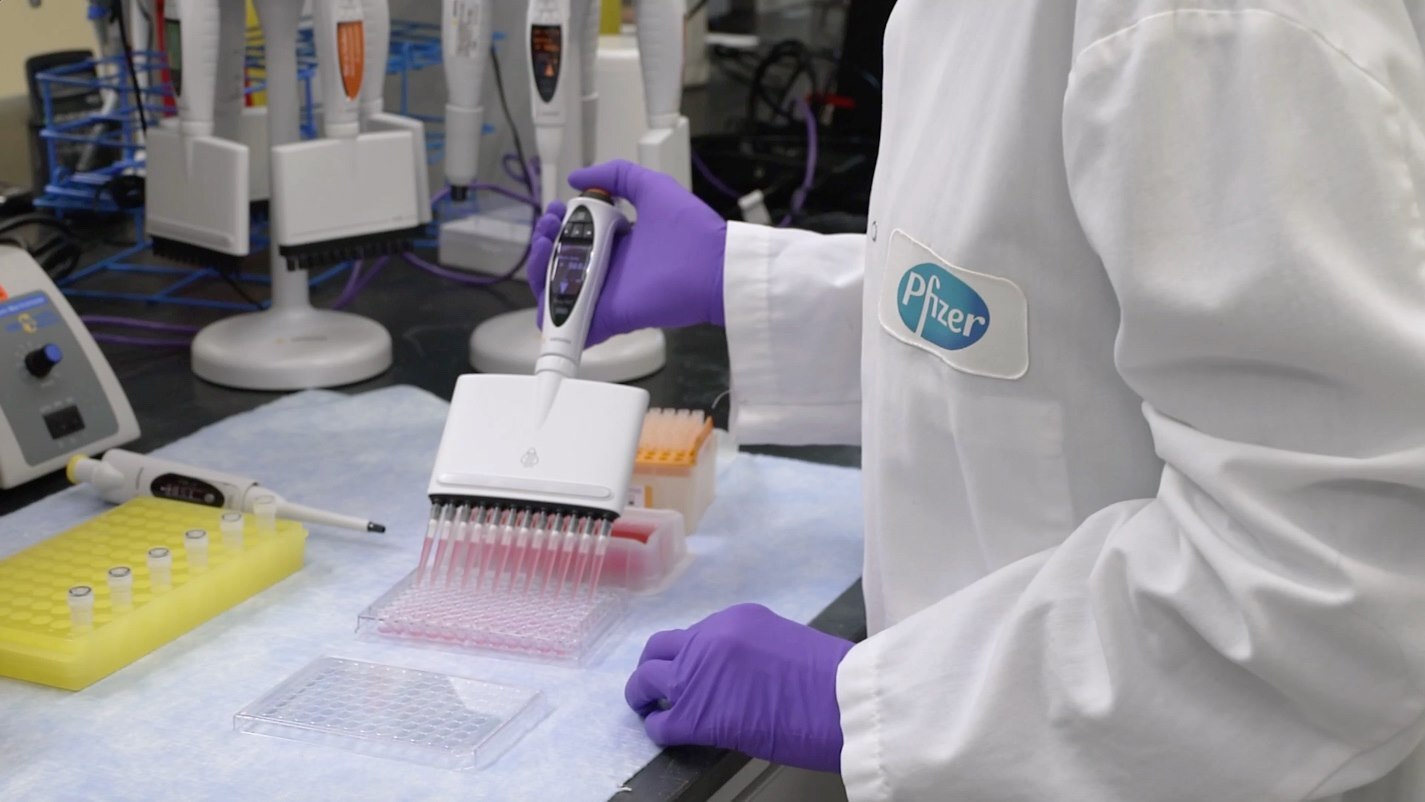KUALA LUMPUR, Nov 8 — An experimental oral antiviral medicine by Pfizer reduced the risk of Covid-19 hospitalisation and death by 89 per cent, according to an interim analysis of a Phase 2/3 trial.
The American pharmaceutical giant said in a press release last Friday that its trial of non-hospitalised high-risk adults with Covid-19 — who were treated for 28 days — showed that the Pfizer drug, known by the code name PF-07321332 or simply ’332, cut hospitalisation by 89 per cent, compared to placebos when ‘332 was given with the HIV drug ritonavir within three days of symptom onset.
Twenty-seven patients, or 7 per cent, who received a placebo were hospitalised compared to three who received ‘332, leading to an efficacy rate of 89 per cent.
The Pfizer pill was also effective in preventing deaths from Covid-19. Seven of 385 patients in the placebo group died, compared to none in the group of 389 patients who received the ‘332 medicine with the brand name Paxlovid.
Similar reductions in Covid-19 hospitalisation or death were seen in patients treated with Paxlovid within five days after symptoms appeared.
In this group of 1,219 patients, 41 patients who received a placebo were hospitalised or died, compared to six who received the Pfizer drug, an 85 per cent reduction. The placebo arm saw 10 deaths, while none were reported for patients who received Paxlovid.
Stat reported that Pfizer is running two more ongoing studies of Paxlovid. The study cited in the company’s press release was in unvaccinated patients at high risk of developing severe Covid-19 disease.
A second study is testing the antiviral drug in lower-risk patients who have been vaccinated, which could make it an option to treat breakthrough infections, Pfizer chief scientific officer Mikael Dolsten was quoted saying.
A third study aims to see if Paxlovid can prevent coronavirus infection in people who are likely to have been exposed to the virus.
Dolsten reportedly pointed out that Pfizer had decided to develop a protease inhibitor like ‘332 so that it would not cause any damage to DNA.
Researchers have expressed concern about whether Merck Sharp & Dohme’s Covid-19 pill could change patients’ DNA, theoretically causing birth defects or increasing the risk of cancer.
“We don’t know, and it’s not necessarily a bad drug,” Celine Gounder, an infectious disease expert, told Stat. “We just need to study it because there is that potential risk. But with a protease inhibitor, you don’t have that risk, and I didn’t see anything in Pfizer’s press release that was concerning regarding side effects.”
Merck maintains that its Covid-19 antiviral oral medication, molnupiravir, was not likely to cause such changes, based on animal studies. Molnupiravir works by disrupting the way the coronavirus copies RNA, its genetic material, thus preventing viral replication.
Merck previously announced that molnupiravir reduced the risk of hospitalisation by 50 per cent in unvaccinated adults with mild to moderate Covid-19. The UK was the first country to authorise the oral medication for adults who test positive for the virus and have at least one risk factor for developing severe illness.
Pfizer’s Paxlovid treatment comprises two ‘332 pills and one ritonavir, taken twice a day for five days.








